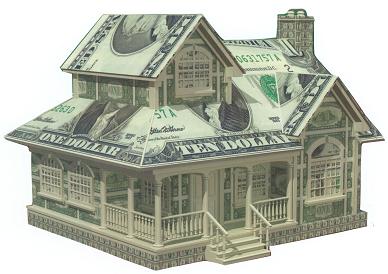
What to think about before listing the marital home for sale
Among the many important decisions you and your spouse will have to make during your divorce, dividing marital assets is surely one of the top priorities. Both parties have much to gain or lose from this transaction, and lately, the economy has been causing more of the latter. With the market looking brighter, selling the marital home is a more likely and profitable option for many. Once you and your spouse have decided on selling the marital home, consider the timing of the sale and possible tax consequences.
Pennsylvania equitable distribution laws provide certain factors for the consideration of dividing assets. A few include of course how long you were married, whether or not there are minor children, and the age/health or sources of income available to each of you.
Unfortunately, “fair” and “equitable” are not always the same. The court may deem only part of the equity to be marital. For example, if one of you owned the house prior to marriage that could change the amount of equity to be distributed. Another instance may be that the down payment for the home was paid out of the proceeds from sale of a previous home prior to the marriage. This would result in the home not being divided in E.D. as that spouse brought the asset with him or her to the marriage. It is complicated to determine what assets are marital or non-marital. An attorney can help apply the statutes to your situation and determine this fact.
As far as who stays and who goes while the divorce is ongoing, the court may award both the right to continue living in the marital home. Additionally, the court may determine one spouse to stay based upon the circumstances, such as minor children and custody. The court may determine that selling the marital home is best when it becomes impractical for either spouse to live in/retain the home.
Tax Implications to Consider
Another major consideration of selling the marital home concerns income taxes. Upon meeting certain requirements, a seller can exclude up to $250,000 of the gain in value. This number is up to $500,000 for married couples filing jointly. For those who own their home in an area that has gained in value, this is of particular importance.
The credentials set forth by the Internal Revenue Service indicate that the property must be owned and used by the seller as the principal residence for at least two years during the five years prior to sale. For joint filing requirements, the IRS indicates that both spouses must pass the above test, and at least one spouse meets the ownership requirement.
If the sale occurs before the divorce is finalized or within the same year that the divorce is finalized, the test is much simpler to “pass” as living arrangements normally have not been changed. The $500,000 exclusion is of greater possibility at that time. If the sale happens after the divorce and the court decides for one of the spouses to retain the home, than that spouse may only be eligible to claim the $250,000 and owes taxes on any additional gains from the sale.
If you are considering divorce, these matters are best discussed with an attorney; it is also advisable to consult with your spouse and discuss this information before moving out of the marital home. These tax implications could mean a dramatic difference and if you are pursuing a simple, uncontested divorce, meeting the requirements will be easy.
Contact the Law Offices of Michael Kuldiner, P.C. to schedule a consultation with an experienced divorce attorney. Call (215) 942-2100 today or complete an inquiry form.







